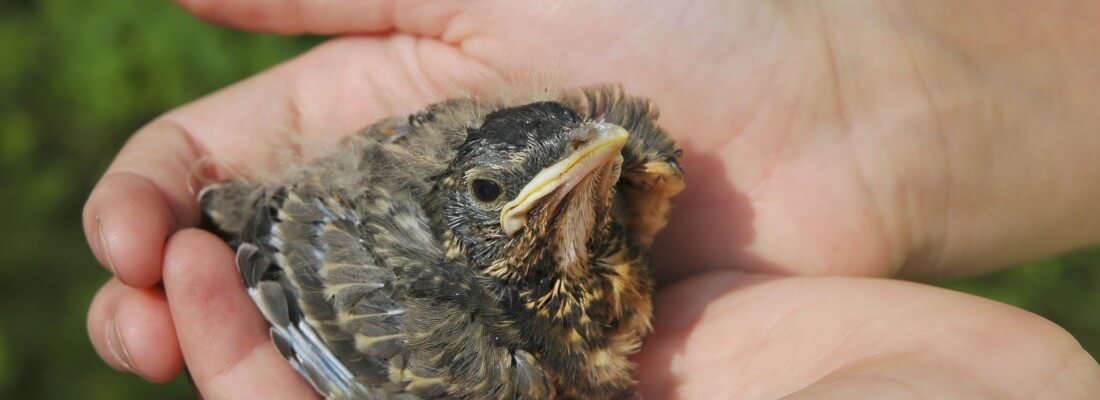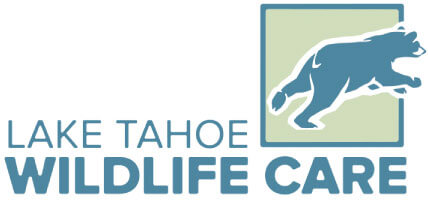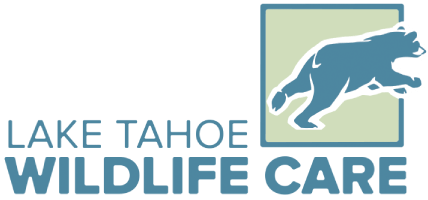
Never approach an animal you feel is dangerous. Err on the side of caution.
There is a big difference between rescuing a baby songbird and an injured mountain lion!
Throw a towel over a small bird or animal on the ground to help subdue it. Consider using heavy gloves when picking it up; even small mammals can bite.
Larger animals may require special tools or sedation. Please use sound judgment, and call us if you need help.
Evaluate if the animal needs help and/or if babies can safely be returned to a nest.
In some cases, you may be unsure whether wildlife needs help. The information below is intended to help; however, each case is different, and we encourage you to call us for help.
Signs that a bird animal needs help include:
- Bleeding
- Shivering
- Obvious injury
- Dead parent nearby
- On its own, young enough that eyes are closed (note: if you or someone else has removed it from a nest, please return the animal to its nest)
Below are two of the most common situations when people mistakenly intervene in rescuing healthy wildlife.
Fledgling birds
If you see a baby bird out of the nest, check whether its eyes are open and if it has most of its feathers — if it does, it is a fledgling and it’s normal for it to be out of the nest. If it is mostly bald and has closed eyes, follow the steps below and bring it in to LTWC.
Waiting babies
In many species, parents must leave their babies for periods of time to look for food. For example, mother deer often leave fawns alone for several hours! You may watch the nest to see if a parent returns, but do not hover near it. If you have seen a dead or injured parent nearby, then please call us.
Keep the animal warm.
Wrap the animal in something, such as a dish towel, blanket, t-shirt, or even paper towels. Please use something that you do not mind losing or getting dirty. Avoid terry cloth materials (such as bath towels), as young birds and animals can get their claws caught in the loops.
To keep it secure, especially if you are transporting it to LTWC or another wildlife care center, place it in a small box, such as a shoe box.
Do NOT give the animal food or water.
A person’s first instinct when helping an animal is usually to offer it food or water. Yet this often does more harm than good, especially with orphaned babies who eat a special diet. Instead, please try to get the animal to us or another wildlife care center.
Call LTWC at (530) 577-2273 (CARE) and bring the animal to us for care.
Please call LTWC at 530-577-2273 to let us know that you will be bringing an animal to us.
We also encourage you to call if you have questions about whether to rescue a bird or animal and/or how to safely rescue it.
Our center is located at 1551 Al Tahoe Blvd, South Lake Tahoe, CA.

